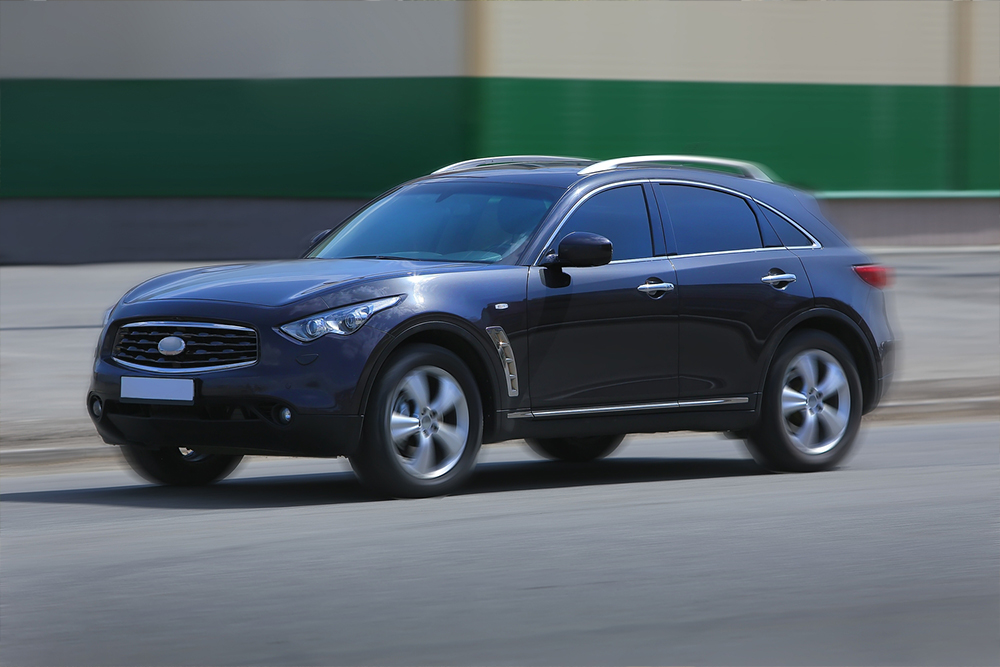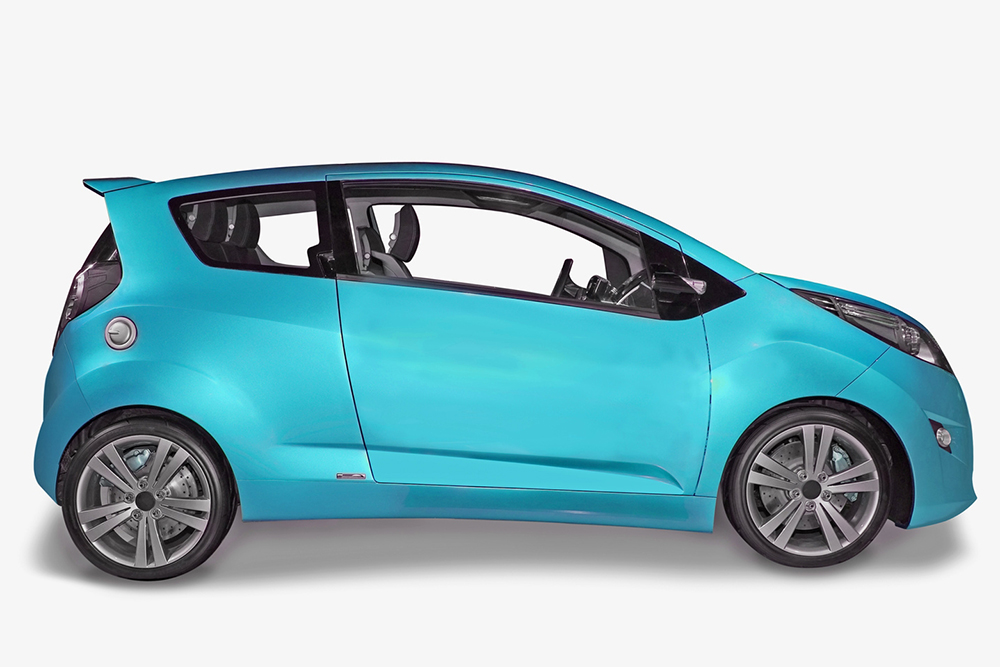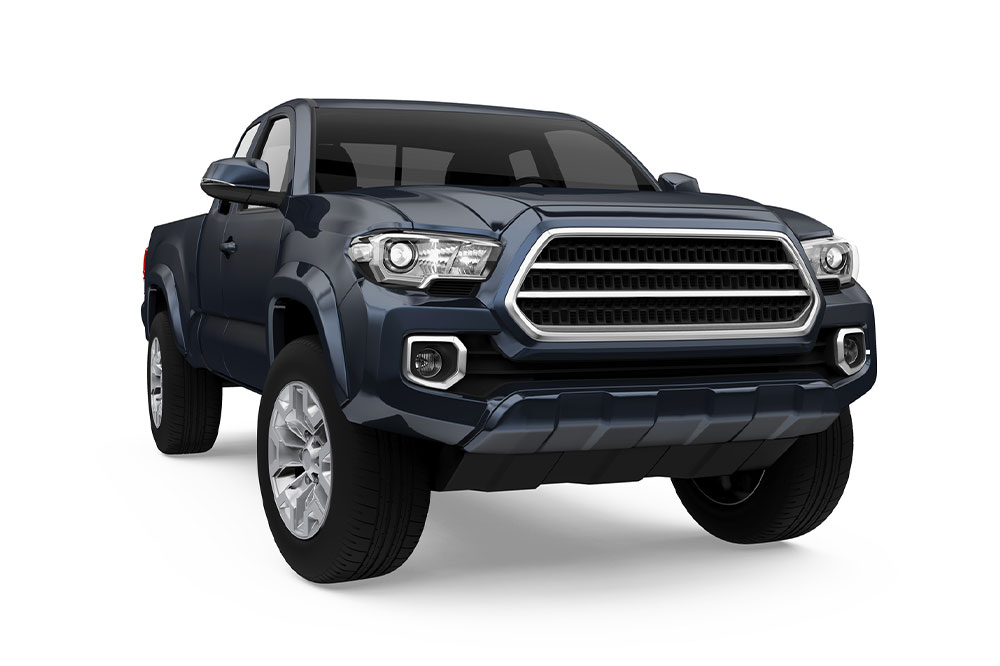Top 8 Tips for Purchasing a Pre-Owned Subaru Forester
Discover essential tips for purchasing a reliable used Subaru Forester. From inspecting mileage and engine health to checking vehicle history and negotiating prices, these guidelines help buyers make informed decisions. Prioritize thorough inspections, test drives, and seller credibility to ensure a smart, safe purchase. Budgeting for additional costs and comparing deals further enhances value, making your second-hand Subaru Forester purchase hassle-free and confident.

Top 8 Tips for Buying a Used Subaru Forester
The Subaru Forester is a highly sought-after SUV in the country. Introduced over twenty years ago, it has undergone multiple updates and improvements. Currently in its fifth generation, the vehicle boasts a sleek design, a robust engine, and useful features. Many buyers consider purchasing a used Subaru Forester, especially when working within a budget. To make a smart purchase, it's essential to research current prices and deals, and thoroughly inspect the vehicle before finalizing the deal.
1. Evaluate the Vehicle's Mileage
Mileage provides insight into the vehicle's usage and condition. A car with high miles has experienced more wear, potentially requiring more maintenance and repairs. However, for brands like Subaru, high mileage doesn't necessarily mean poor performance, provided the vehicle has been well-maintained. Subaru Foresters are known for their durability, so a higher mileage model can still be a reliable choice.
2. Conduct a Detailed Inspection
Appearance isn't everything; a used car's visual appeal can be deceiving. Focus on uncovering hidden issues such as dents, scratches, repainting, rust, or cracks. Check the condition of tires, seats, and interior features. If you notice signs of damage or poor maintenance, reconsider your purchase. A thorough inspection ensures you avoid potential problems that could lead to costly repairs later.
3. Examine the Engine
Assessing the engine's condition is vital for ensuring the vehicle performs reliably. It’s advisable to hire a mechanic for a professional inspection to identify issues like engine wear, transmission, or brake problems. Address any concerns before buying, or negotiate a better price if issues are present.
4. Take a Test Drive
A test drive is essential, as it reveals how the vehicle handles after years of use. Listen for unusual noises such as creaking or popping, which might indicate mechanical problems. Test the vehicle on different terrains to evaluate comfort, steering, and functionality of electrical systems, including the climate control and infotainment. Skipping this step could result in buying a vehicle that doesn't meet expectations or needs extensive repairs.
5. Establish a Budget
Setting a clear budget helps narrow down options and prevent overspending. Older Subaru Forester models are generally more affordable than newer ones. Include additional costs like mechanic inspections, fuel, maintenance, and parking when planning your budget. Accounting for these expenses avoids financial surprises after purchase.
6. Verify the Seller's Credibility
Whether buying online or at a dealership, confirm the seller’s authenticity. For online purchases, ensure the website is secure, and research customer reviews. For offline dealerships, visit the location, inspect available vehicles, and communicate with the dealer to gauge reliability. This step minimizes risks associated with fraudulent or unreliable sellers.
7. Review Vehicle History
Checking the vehicle's history report provides valuable information about past accidents, repairs, or recalls. Knowing if the car has been involved in significant incidents helps assess its safety and overall condition. A clean history minimizes surprises and ensures you're investing in a trustworthy vehicle.
8. Compare Prices and Deals
Shopping around allows you to find the best available deals. Review prices across different sellers for similar Subaru Forester models in comparable condition. Comparing offers helps you understand market trends and enables effective negotiation for a better deal, maximizing your value for money.










